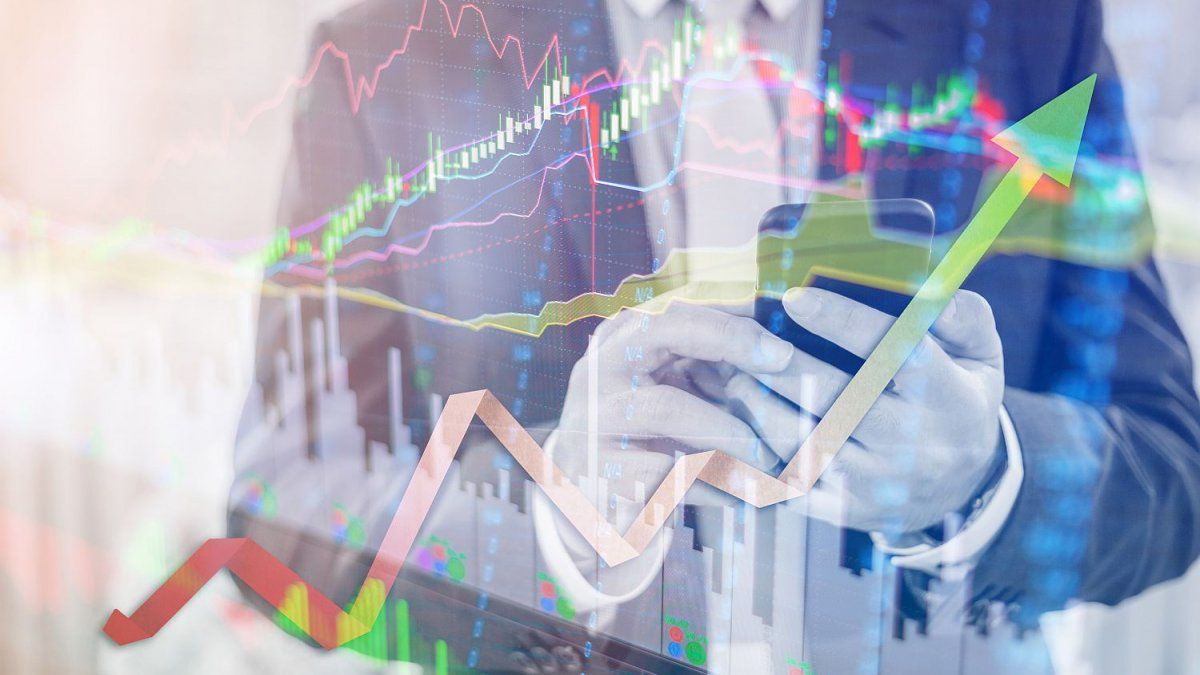A few hours before the expected celebrations general electionsit is relevant to analyze how the asset quotes during the last few weeks, to better understand market expectations for after Sunday. Given the divergence of the paths that open after the elections, depending on who wins or advances to the ballotage, Investors decided to take positions in assets that would allow them to spend Sunday night as calmly as possible.
Let’s start by analyzing what happened to foreign law dollar bonds, commonly referred to as Global. On the one hand, the Argentine titles were not alien to the message of ‘higher for longer‘ of the Fed. In this sense, after the September meeting, the Federal Reserve statement had a negative impact on the emerging universe and distressed, with Argentine instruments being among the most affected. This way, The Globals returned to levels that we had not seen since May 2023, and practically erased the gains observed in the year.
However, if we evaluate the behavior of the Argentine debt, we distinguish an additional impact due to local factors. In fact, discriminating both effects (taking the EMB ETF, which tracks the performance of emerging bonds, and adjusting for the beta of Argentine bonds), we observe that, from PASO until last Friday, the performance of the average price of Argentine debt was explained by almost 60% by external factors and 40% by idiosyncratic or local factors.
What were the local reasons?
It is likely that the macro deterioration of the last month has had an impact, but beyond this, the market has possibly begun to assign a greater probability of occurrence to a scenario of dollarization of the economywhich, given the dynamics of quotes, would not be free of risks in its implementation.
The titles in pesos They also seem to be discounting a more disruptive scenario. In this sense, since mid-September, debt in pesos showed a relatively weak performance. After the post-PASO devaluation, investors’ initial reaction was to rotate from Linked Dollar titles (DL) by inflation-adjustable instruments and FCI Money Market (mainly composed of remunerated accounts and guarantees) taking advantage of the carry trade that they offered in response to the announcement that the official exchange rate would remain fixed until November.
However, as we approach general elections, the appetite for instruments linked to the evolution of inflation fell considerably, while interest in securities tied to the official exchange rate was reawakened. In this sense, the high exchange rate gap and the fixation of the official dollar in a context in which inflation travels to 12.7% monthly, raised devaluation expectations for the coming months.
The magnitude of interest in the DL assets, taking into account that the coverage they offered in the August devaluation was only partial. This came to light when the official dollar depreciated 22% the day after PASO and the DL/Dual quotes sovereigns fell in pesos. However, If the holder maintains his position until the bond matures, he will perceive the exchange rate movement anyway, which explains the demand for this imperfect hedging.
Price movements in the stock market fixed rent During the last weeks they suggest a more disruptive panorama than what was anticipated before the PASO. The macroeconomic deterioration and the expectation that the dollarization of the economy is more likely than a few months ago, led investors to hedge against a scenario that could be more volatile after the elections. We’ll see if Sunday night’s results confirm the market’s assumptions. For now, investors preferred to fasten their seat belts.
PPI Team Leader Strategist
Source: Ambito
David William is a talented author who has made a name for himself in the world of writing. He is a professional author who writes on a wide range of topics, from general interest to opinion news. David is currently working as a writer at 24 hours worlds where he brings his unique perspective and in-depth research to his articles, making them both informative and engaging.




